Money service businesses (MSBs) have become drug money laundry routes of choice
DCS Michael Gallagher told the Guardian the network of 34,000 money service businesses (MSBs) was suspected of being the main way for those involved in serious and organised crime to move money around. MSBs can include bureaux de change, money-transfer brokers and payday-loan services.
Gallagher said British law enforcement planned fresh crackdowns this year and hoped that by choking off the cash profits from the drugs trade they could help reduce the violence on the streets that went with it, adding: “I’m convinced there is a link between money, drugs and violence. And my command’s response in the criminal finance area is to help address street violence, through disrupting that business model.
“If you can disrupt the financial element of it, you may well disrupt the violence.”
The police chief said MSBs had become the method of choice for drugs networks to get cash made from selling on Britain’s streets out of the country and back to those in the supply chain.
Gallagher said: “Cash is still king. There are still large amounts of cash going through MSBs from criminal enterprises.”
He went on: “Banks have been subjected to tougher and tougher regulations to stop major criminals using them. So serious and organised criminals have transformed their business methods to beat the clampdown and now at least hundreds of millions of pounds is flowing through MSBs, which are less strictly regulated than banks.”
He said banks had become more of a “hostile environment” but added: “It’s very difficult to regulate MSBs because there are so many of them.”
He said regulation of MSBs was light and some were run by criminals. Many of them “look like a front, and they are, they can be set up purely by organised crime groups in order to get cash out of the UK quickly without it being effectively monitored.
“Some are there for a legitimate purpose, some are not, our job this year is to get into that space and to disrupt the criminal use of finance via MSBs.”
MSBs exist in theory to help people working in the UK send money to families overseas.

In one case two men were arrested and jailed after the handover of £82,000 in cash in a Sainsbury’s plastic shopping bag outside a central London MSB.
Police hope a sustained crackdown on MSBs will be another pressure point on the dynamics driving violence and knife crime.
Gallagher said: “Cocaine is not produced in London. Cocaine is produced in Colombia. Young men, selling rocks of crack cocaine on street corners in our inner cities. They are not doing everything on plastic. And they are not using cryptocurrency. It’s all £10, £20, £50, thank you very much, cash, cash.
“So through our myriad of drug-dealing networks, all that money gets recovered. And through a series of middlemen, you end up with … thousands of pounds in cash. So how do I get that money back to you in Colombia? An MSB is a way to facilitate that.”

“So I’ll go into an unregulated or poorly regulated MSB that’s been set up with the purpose of laundering my money for me, no questions asked, no records kept. It goes in a truck up to the airport and out. And that’s how the network is working.”
Bob Lyddon of the Association of UK Payment Associations, representing licensed MSBs, said: “They should eliminate the bad actors. All they [the authorities] are doing at the moment is tarring the whole sector.
“Close down the bad actors, and take strong action against the illegal sector, but at the same time make sure the good actors can operate because they provide a valuable service.”
Gallagher also said police were hoping this year to start using tactics used to target wealthy oligarchs against mid-level drug dealers. The Met is considering using unexplained wealth orders against those suspected of drug dealing and having at least £50,000 whose origins they cannot explain. The money will be frozen while the suspect decides whether to offer and explanation.
Hezbollah attacks Israeli forces after Lebanese homes blown up
World leaders, states hail ICC arrest warrants for Netanyahu, Gallant
MP: US accountable for possible Israeli 'foolishness' to attack Iraq
VIDEO | Israeli policies strangle Palestinian agriculture, economy
Iran's president offers condolences to Pakistan over terrorist attack
Canada’s Yukon town council at standstill over refusing oath to King Charles
Yemen's Houthi calls for jihad to protect Palestine against Israel
VIDEO | Internal rifts within Israel


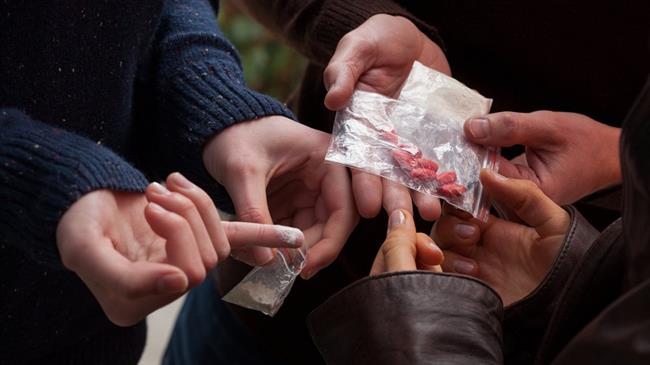
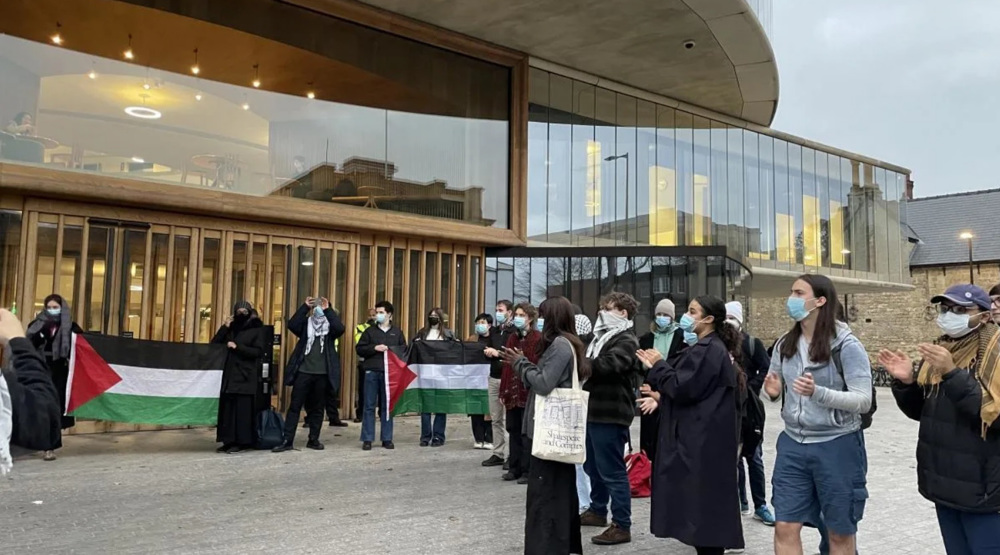
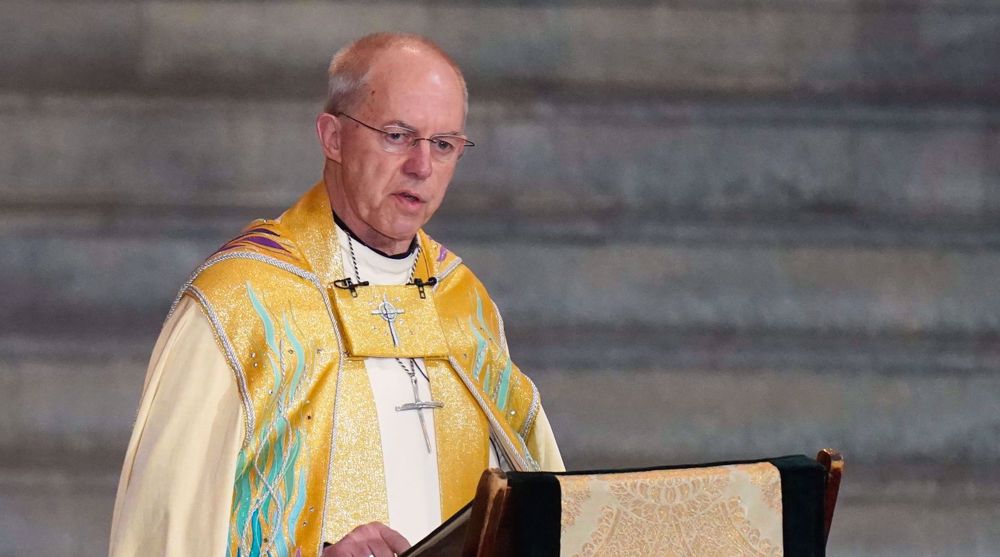
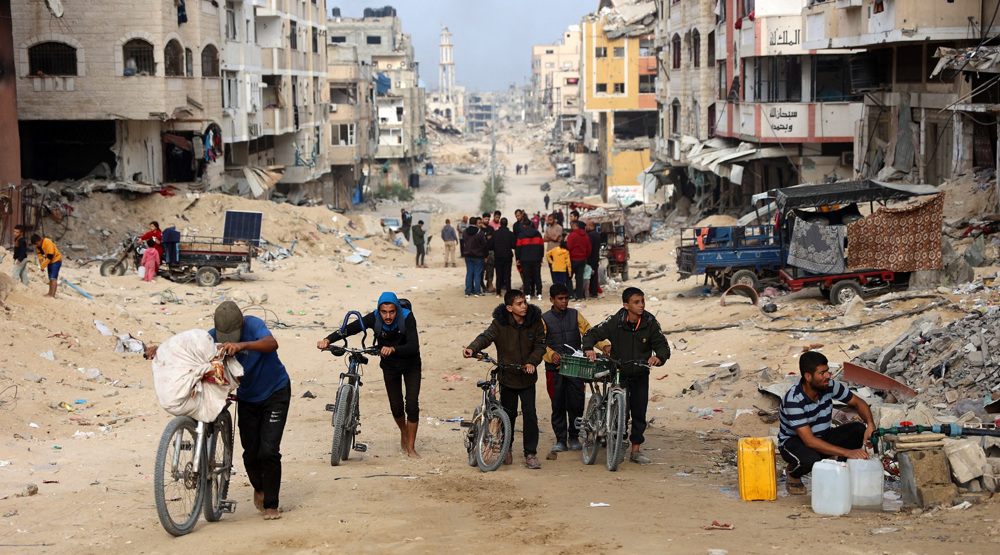



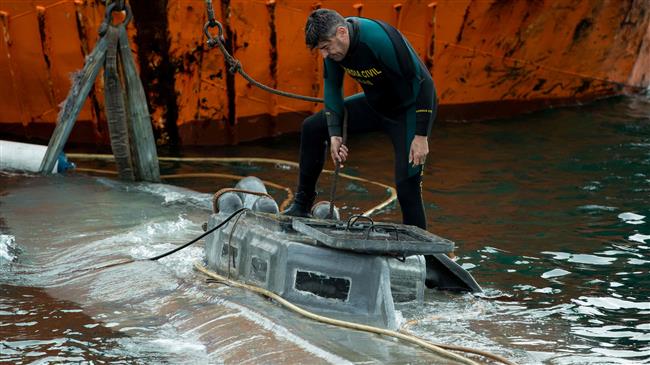
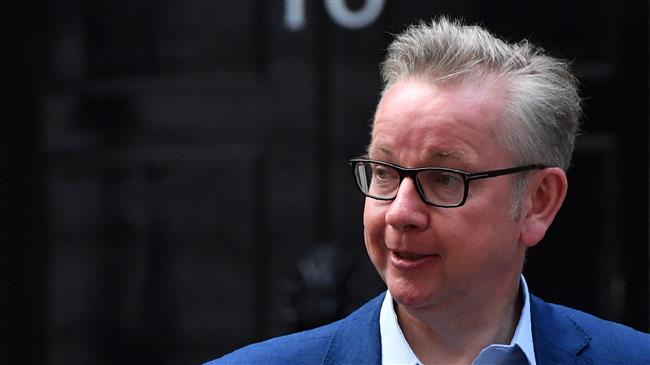
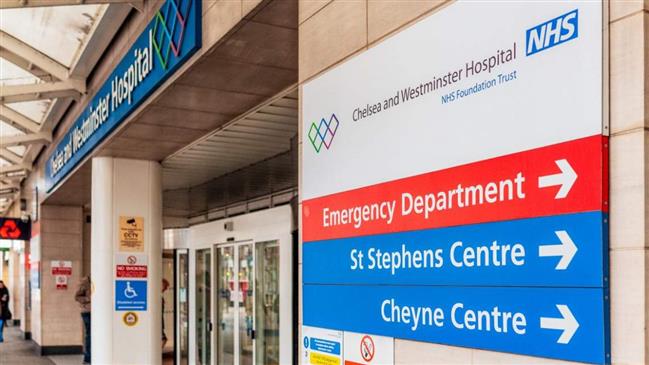

 This makes it easy to access the Press TV website
This makes it easy to access the Press TV website